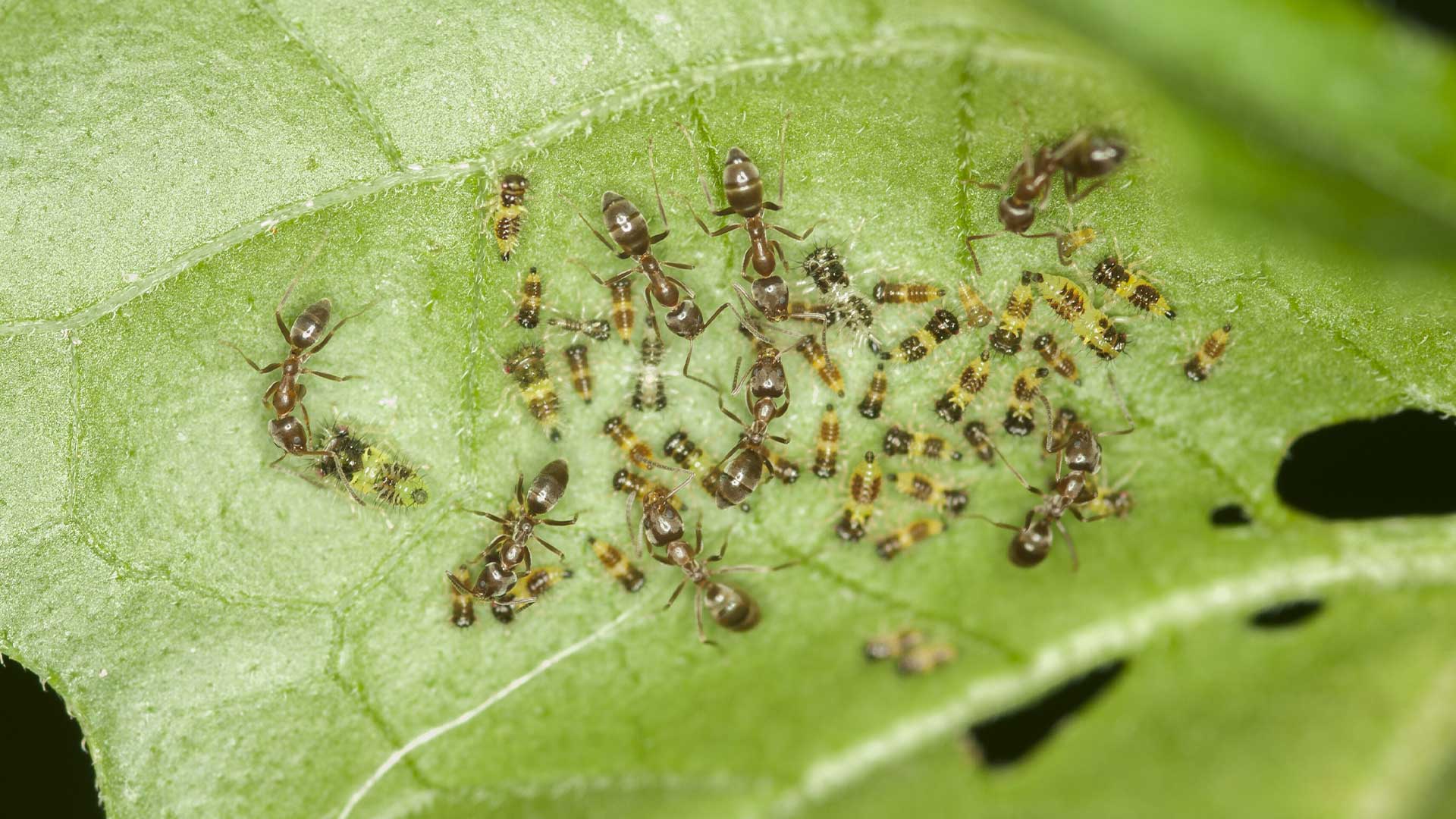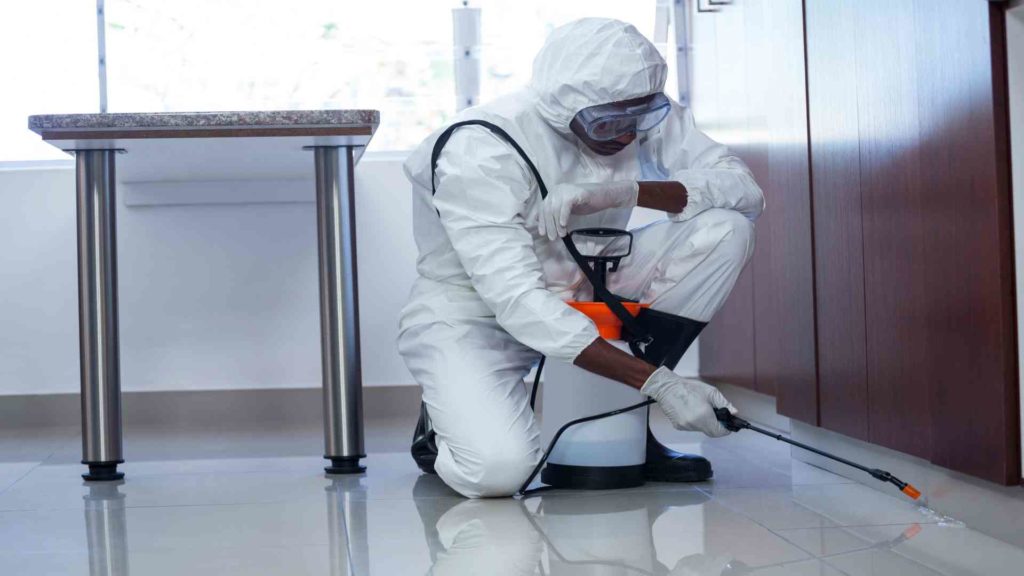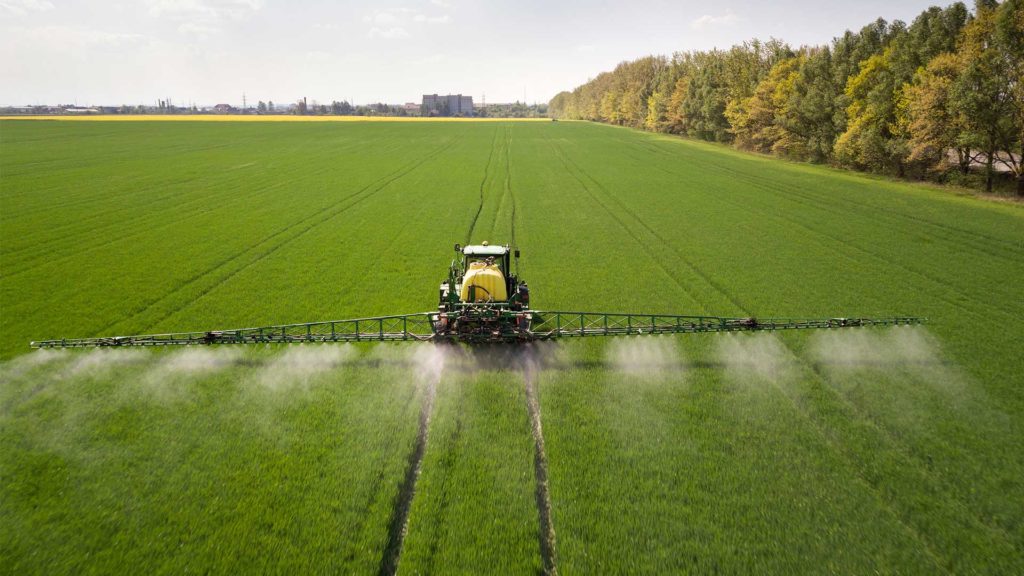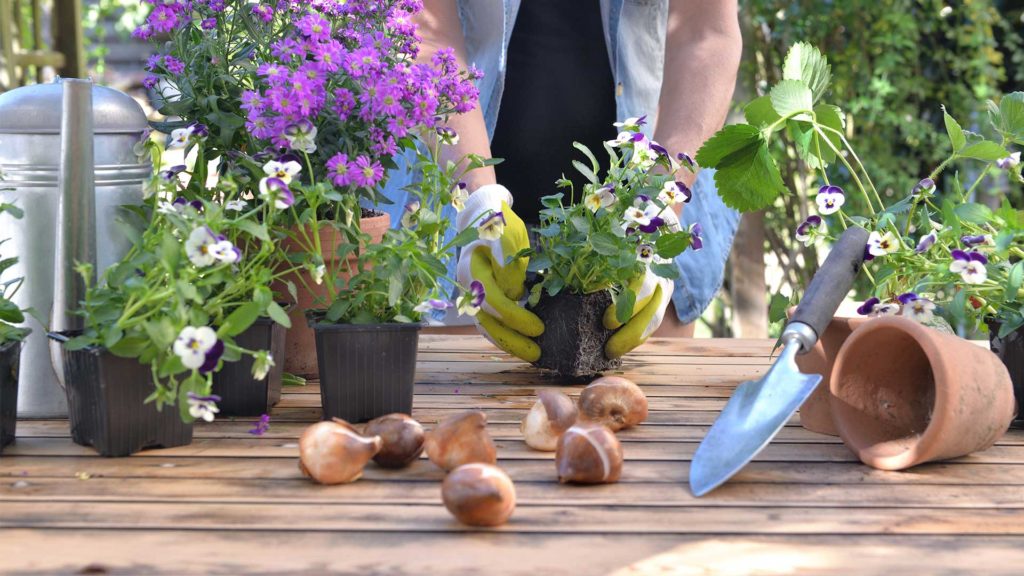Boron-based Insecticides Provide Safe and Effective Pest Control
Plants and animals depend on Boron to thrive. As a pesticide ingredient, this versatile compound can control pests such as ants, spiders, beetles, moths, cockroaches, and others. Most boron-based insecticides are less toxic than traditional pesticides since they do not affect the nervous system or irritate the skin.
Boron also does not smell and is colorless. As a result, therefore, fruits and vegetables are not harmful to the environment when sprayed with them. It comes in a wide range of products, including dust, liquid, pellets, and wettable powders, making it easy for consumers to use in their gardens.

Insecticides
Boron as an Insecticide
In recent years, the use of environmentally friendly compounds for dealing with urban pests has become increasingly important with the worldwide deregistration of persistent organochlorine insecticides. Boron compounds, particularly boric acid, zinc borate, and disodium octaborate tetrahydrate, have been widely used to preserve lumber against insect attack and decay caused by fungi and bacteria.
Borate applications for remedial purposes are mainly used to treat cockroach and flea infestations; however, they have also gained popularity as wood treatments to protect timber from subterranean termite invasions.
The most common type of insecticide is known as contact insecticide because they only come into contact with the pest. They are also not eaten by it as systemic pesticides do. Contact insecticides work quickly on the problem and will usually kill it within 15 minutes of coming into contact with it. That being said, many different types of insecticides are available, depending on what you try to control.
Three Types of Insecticides: Liquids, Powder, and Granules
There are three main types of insecticides in the market that you can choose from based on the kind of pests you want to kill: liquids, powder, and granules. Boron-based products are often available as all three, so it is essential to pick one depending on your specific needs. It can be outdoor or indoor use, and how long ago you sprayed the products.
Boron-based insecticides usually come in a liquid form, but there are also powders for treating the soil. Insecticide ‘dust’ tends to be used indoors because they have less risk of contaminating areas where food is prepared.
Since they have a larger particle size, they are more likely to remain suspended in air until settling on surfaces. Boric acid granules are often used to treat soil that contains potted plants. It works well because the granules can be applied directly on the surface of the potting mix, ensuring direct contact with any pests living within it.
How Boron Kills Insects and Pests
While many different insecticides are available, borosilicate-based ones tend to have less toxicity than traditional pesticides. Hence, this property makes them a more eco-friendly alternative for people who care about what chemicals they use in their home or garden.
Boron-based insecticides are an effective and economical way to control many insects. They interfere with the insects’ nervous system and paralyze them, making it easier for the farmer to remove them from crops.
These insecticides can be applied as bait or sprayed on plants, so there is no need for workers to enter fields full of dangerous pests. The chemicals also break down quickly in soil, so they don’t create long-term toxic effects as many other pesticides do.
Boron-based insecticides have an immediate knockdown effect on insects and are long-lasting if applied correctly. It may not kill ants but is valuable for other pests such as spiders, scorpions, cockroaches, bedbugs, and fleas.
Boron in Wood Preservation
In their appropriate application, borates are cost-efficient biocides with low toxicity to the environment and vertebrates. It is generally not toxic to mammals and invertebrates because the kidneys rapidly excrete excess Boron.
During rodent development, the no-observed-adverse-effect level (NOAEL) of Boron was reported as 0.075% (55 mg/kg/day) during gestation and 0.1% (74 mg/kg/day) shortly following birth (Price et al. 1996). The lethal dose of Boron in humans is about 4000 mg/kg for sodium tetraborate decahydrate.
Boron treatment protects wood from termite attack and colonization by harmful fungi. Boron also serves as a fire retardant if applied in concentrations greater than 8% by weight. Termite control and prevention using borates have been reviewed previously.
Proven Research Work
Disodium octaborate tetrahydrate (DOT) has proven helpful in commercially treating structural lumber (Grace 2002). Various formulations have been developed for simple application and lumber impregnation, with the solvent used potentially affecting the toxicity.
While ethylene glycol, a solvent used with DOT, may reduce the amount of boric acid required to deliver a lethal dose (Tokoro & Su 1993b), other researchers have found that ethylene glycol’s most significant benefit is in its efficacy as a solvent rather than as a synergist (Grace & Yamamoto 1994).
However, the mechanism of this possible synergy is unclear. It contradicts what one might expect: Boron would be bound to the ethylene glycol/boric acid complex and thus less likely to bind in vivo and exert its biological effects.
Economics of Use
If you are looking for a cost-effective insecticide to use in your business, boron-based insecticides may be an option. Boron is not toxic to humans and breaks down quickly in the environment.
Additionally, these insecticides are economical for agricultural businesses. While it is true that boron-based insecticides are more expensive to buy upfront, they also have a more significant residual effect on pests and can last up to twice as long.
Hence, it means less time spraying the crop with chemicals while maintaining adequate pest control. The cost-benefit of using boron-based insecticide outweighs the high initial purchase price.
It is important to note that this chemical does not work well with other pesticides because it will reduce their effectiveness if mixed. The boron-based insecticide should be used alone or in conjunction with another pesticide, such as pyrethroid or organophosphate, so that the insecticide may maximize its benefits.
Boron Insecticides in Agriculture
Boron-based insecticides are a potential alternative to traditional chemical pesticides. Unlike most synthetic chemicals, borax is not toxic to humans or animals when used appropriately and does not bioaccumulate in the environment.
Additionally, it has been shown that borates can be effective against some serious agricultural pests without using harmful compounds like organophosphates. One study even found that boric acid was highly effective as an antifouling agent for boats.
The EPA considers this organic compound safe for non-food use. Since ancient times, borax has been used as an insecticide and is currently being studied by scientists to determine its possible role in current agricultural practices.





